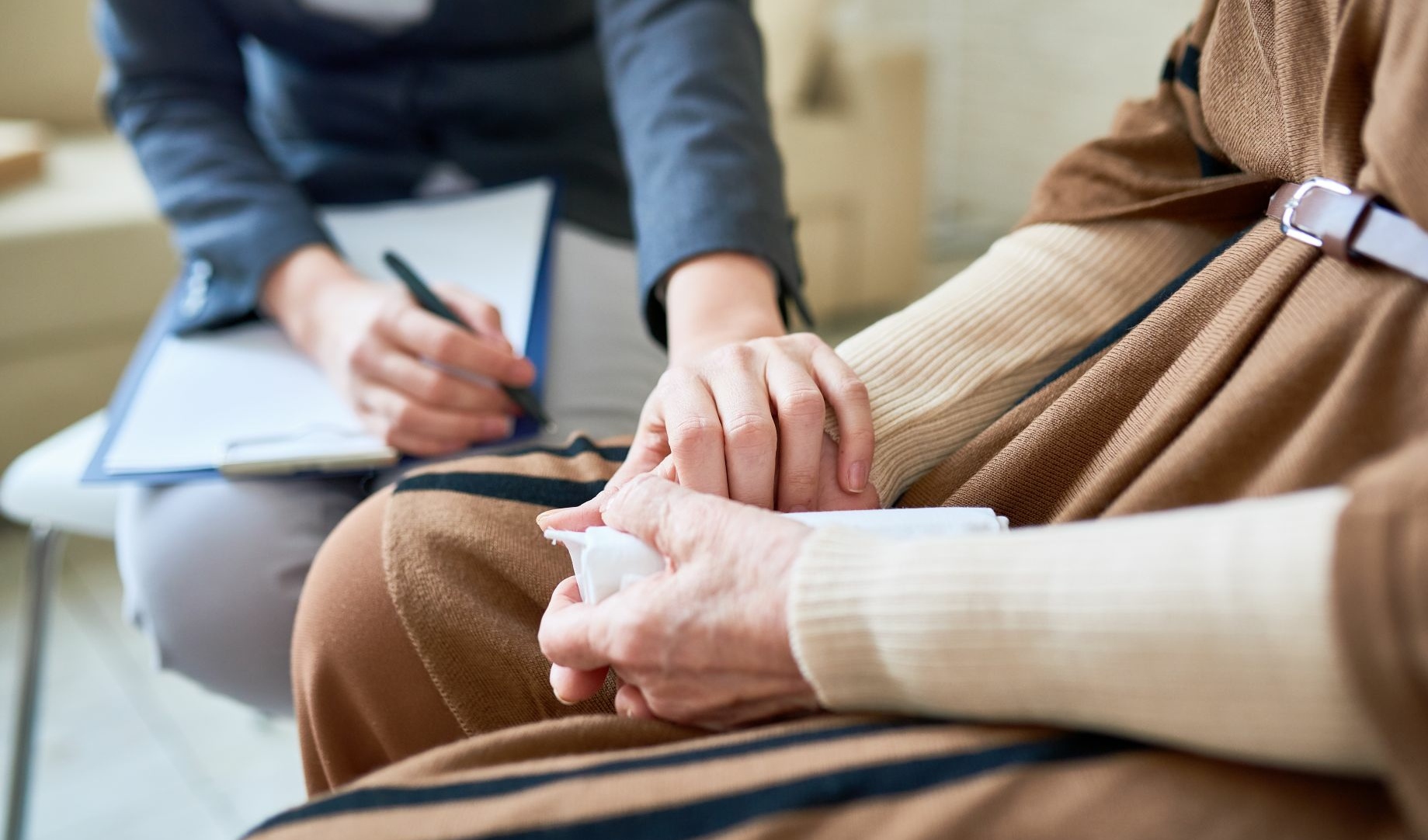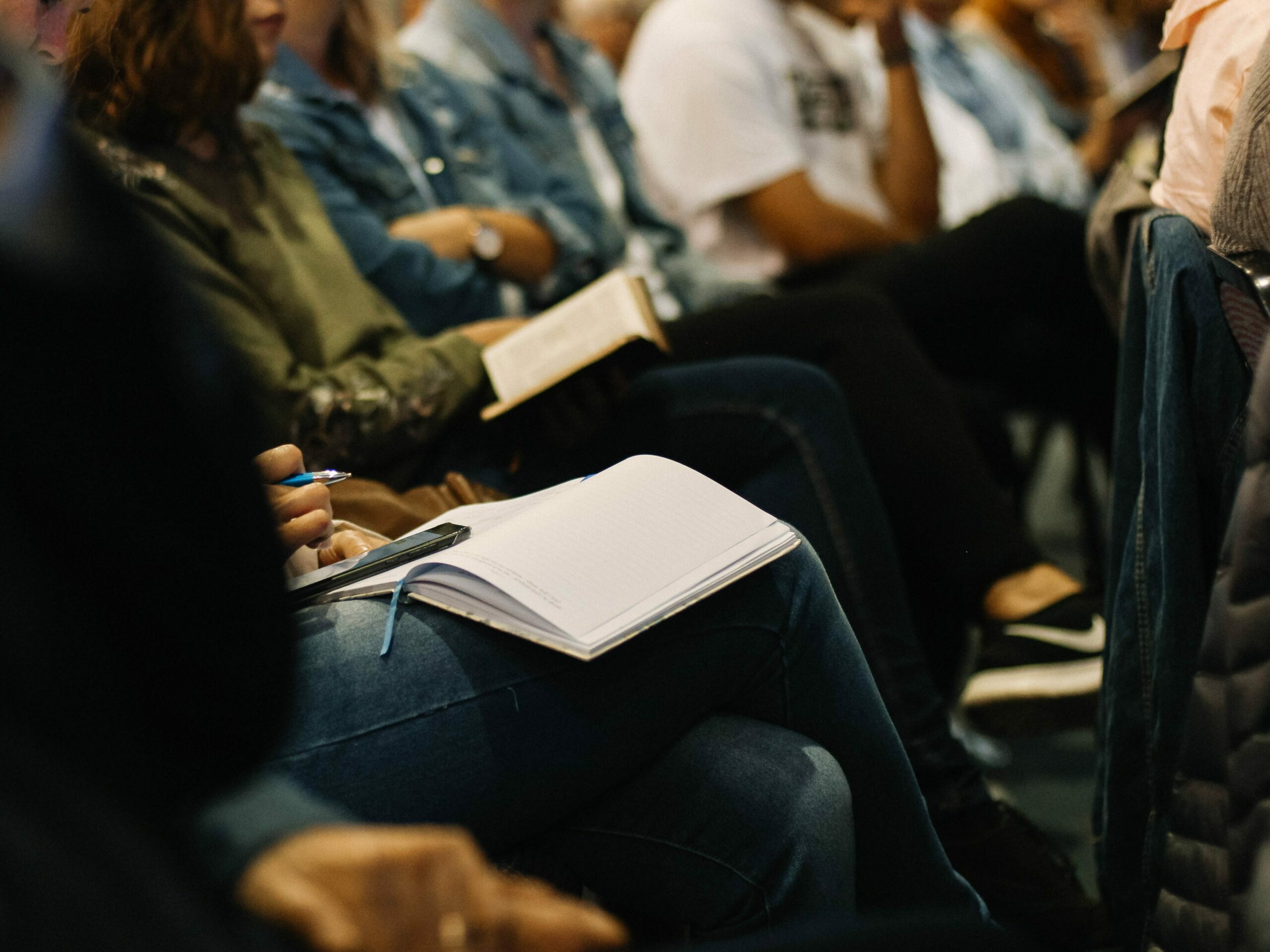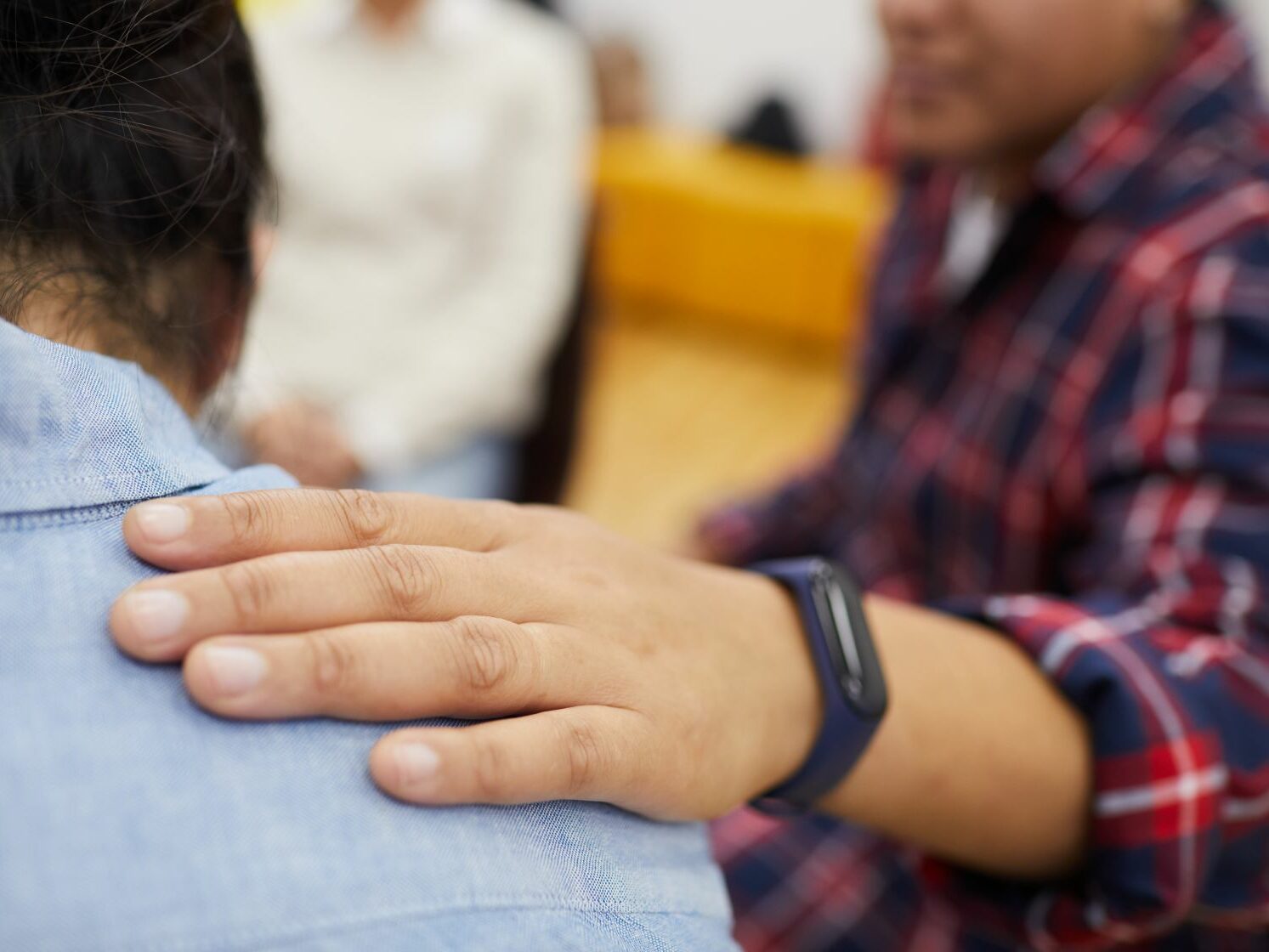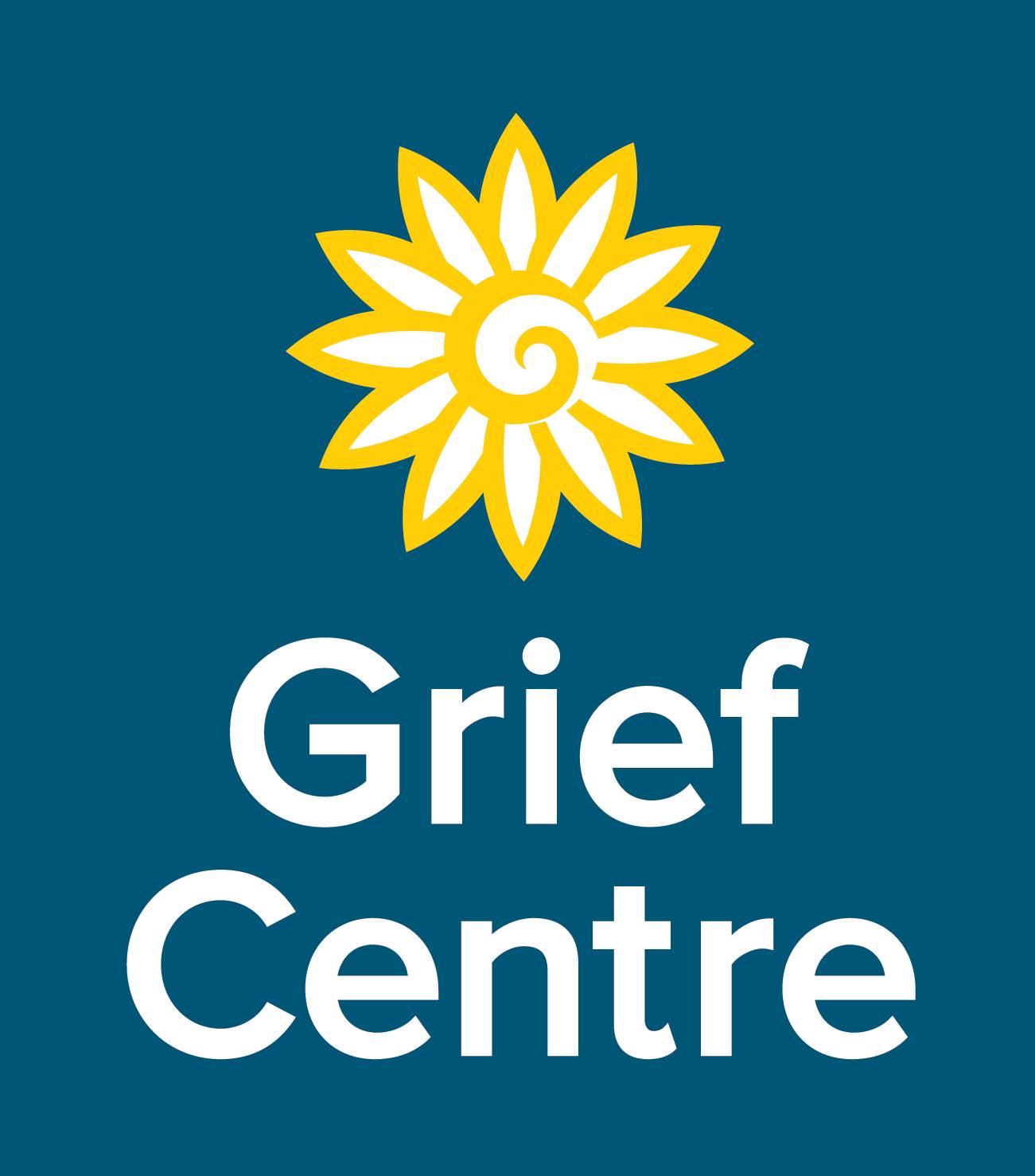Counselling Services
A counsellor is a trained professional who uses skills and strategies to help an individual identify, address and navigate the issues and challenges they are facing. Conversations between an individual and their counsellor are confidential and non-judgmental, and a trusting relationship is built over time.
A counsellor works with you to help you uncover and understand how you are feeling and thinking about the challenges and stressors in your life, before creating a plan of action to help you move forward positively.
How does counselling help?
Counselling may not be right for every person in every situation, it is a personal choice.
For some, counselling offers an opportunity to talk about their honest feelings to someone outside of their day to day lives, without fear of being judged or causing upset. It is a safe and confidential environment to explore your emotions and thoughts, and even help you identify what your feelings are, if you are struggling to understand them.
A counsellor can be a sounding board, and can help you frame your thoughts and feelings in a different, more helpful way. He or she may offer you a different perspective so that you can see a way forward.
What are the different types of counselling?
Counselling can be for an individual, a couple, or for family/whānau, depending on the specific situation and circumstances of what you are going through. It can also take place in a variety of settings.
In-person solo
Face to face counselling is a private session with a counsellor at their office. You will need to make an appointment and you will have the session entirely focused on you and your feelings and situation.
In-person group
A counselling group is for a group of people who are going through similar issues. During the session you will have an opportunity to share your thoughts and feelings, as well as hearing others do the same. Some people prefer to attend group sessions for the additional support from a network of people going through similar things, and to gain a wider perspective. Support groups are often held at the same venue and time each week or month.
Online
Online counselling can take place either by using video calls, or via email, and allows people to gain support regardless of their location or time zone. It can also be used to continue therapy with a usually in-person counsellor if you go away on holiday.
Telephone
For those that do not live in an area with easy access to other forms of counselling, telephone counselling is available. Some people, regardless of their location, prefer telephone counselling as it allows them to speak from the comfort of their own home, or offers more flexibility so that they can fit their therapy into a busy day.
What happens during a counselling session?
Preparing for your very first counselling session can feel overwhelming and daunting. This section will give you an overview of what to expect in your first session, and subsequent counselling sessions and stages.
Counselling will vary from person to person, and although there are no set timelines for when you will move through different stages, the basic stages of counselling are:
- Establishing a relationship between you and your counsellor
- Presenting the circumstances that have brought you to counselling
- Setting goals of what you would like to achieve from counselling
- Implementing a process to help you get there
- Ongoing support
In your first few sessions, your counsellor will ask you questions to try to understand your circumstances and what has prompted you to seek counselling as well as what you would like to get out of it. You can ask your counsellor questions about their approach, experience, or how the sessions will run. These first few sessions are important to build a relationship and get to know each other so that you feel comfortable. At the end of the first session your counsellor might offer you another session, and suggest things to work on between sessions. You are under no obligation to accept the second session if you do not feel like the counsellor is the right fit for you, or if you do not want to continue with counselling.
It can be difficult to open up and share emotions, and there are no rules about how long it should take. Be kind to yourself and give yourself time and space to share what you are comfortable with at a pace that suits you.
How do I pay for counselling?
If you are receiving income support, your GP can support you to access the WINZ Disability Allowance to pay for some counselling sessions. Full-time students with New Zealand citizenship may also be eligible for support to pay for counselling sessions through Study Link. This will also need to be supported by their GP or health practitioner.
Check if your workplace has a wellbeing policy which may include covering the cost of a number of counselling sessions for their employees.
Counselling Services
Finding a counsellor who is right for you
Some people find their counsellors using word of mouth recommendations from their GP, friends, or through a community institution. You can also search for a counsellor near you in our directory.
Booking an initial appointment will help you assess if you are going to be comfortable with them. You may not find the right person for you the first time, so do not feel pressured to continue with another session if your instincts are telling you that it is not the right fit.





